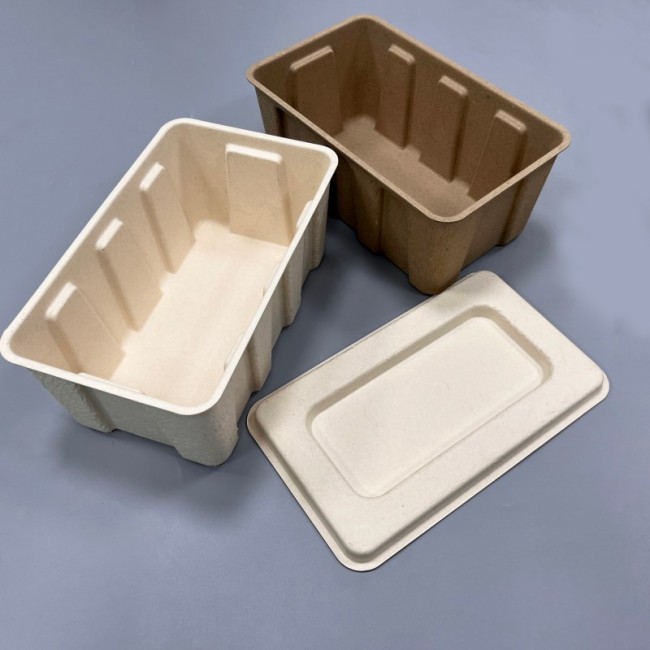How to Effectively Recycle Molded Pulp Packaging A Full Guide
As sustainability becomes a top priority for consumers and businesses alike, companies are increasingly turning to molded pulp packaging as an eco-friendly alternative to traditional plastic and foam packaging. Not only is molded pulp packaging biodegradable, but it also plays a significant role in reducing environmental waste. However, while molded pulp products offer many environmental benefits, it¨s essential to understand how to effectively recycle molded pulp packaging to maximize its positive impact. In this comprehensive guide, we will walk you through the steps of recycling molded pulp packaging, the advantages of recycled pulp packaging trays, and how molded pulp packaging manufacturers like Lvxin are paving the way for a more sustainable future.beyond doubt custom molded pulp packaging It will definitely lead the development direction of the whole industry and let its light bloom in this field. https://www.pulptray.com/
biodegradable pulp packaging
1. What is Molded Pulp Packaging?
Molded pulp packaging is a type of packaging material made from renewable resources, typically recycled paper or cardboard. It is used to create sturdy, lightweight trays, containers, and other packaging products. Molded pulp is widely used in the packaging industry for products like electronics, food, and cosmetics, offering a biodegradable alternative to plastic and foam packaging. The production process for molded pulp packaging typically involves the pulping of recycled paper products, which are then molded into shape using heat and pressure. The result is a product that is not only environmentally friendly but also strong enough to protect delicate items during shipping and handling.
recycled pulp packaging tray
2. How to Effectively Recycle Molded Pulp Packaging
Recycling molded pulp packaging is a straightforward process, but it requires a few specific steps to ensure that the material is properly recycled and reused.
Step 1: Clean and Separate
Before recycling molded pulp packaging, make sure the items are clean and free of any contaminants such as food residues or oils. Contaminated packaging may not be suitable for recycling, so it¨s essential to separate any non-recyclable materials from the molded pulp. For example, remove any plastic inserts, labels, or other materials that could interfere with the recycling process.
Step 2: Separate the Materials
While most molded pulp packaging is made from recycled paper, it¨s essential to check if there are any mixed materials (e.g., coatings, adhesives, or non-paper elements). If the packaging contains these materials, it may need to be separated before being sent for recycling. Check with your local recycling facility to determine whether the molded pulp product can be recycled with other paper products.
Step 3: Proper Disposal and Collection
Once the packaging is clean and separated, place it in the appropriate recycling bin. Many recycling centers accept molded pulp packaging along with other paper-based products. If your local facility does not have the means to process molded pulp, inquire about nearby centers that can handle it.
Step 4: Send to a Specialized Recycling Plant
In some cases, molded pulp packaging can be sent to a specialized facility that processes recycled pulp packaging trays and turns them back into usable materials. These plants use the pulp to produce new products, reducing the need for virgin paper and minimizing waste.